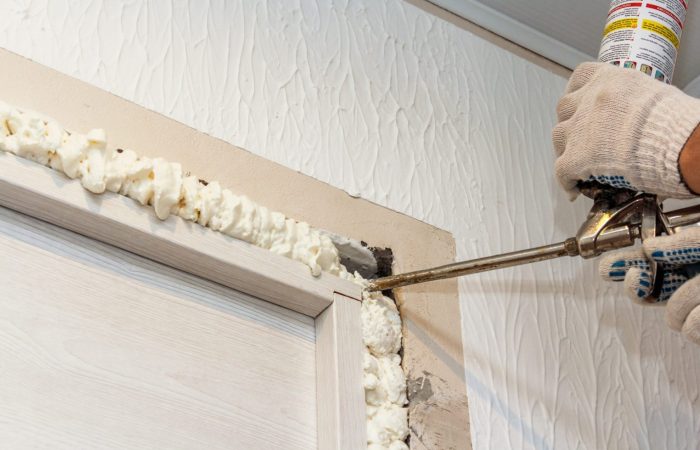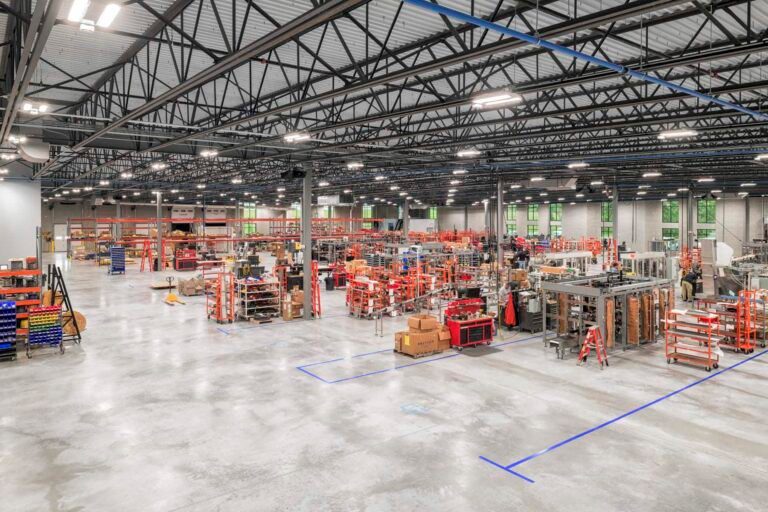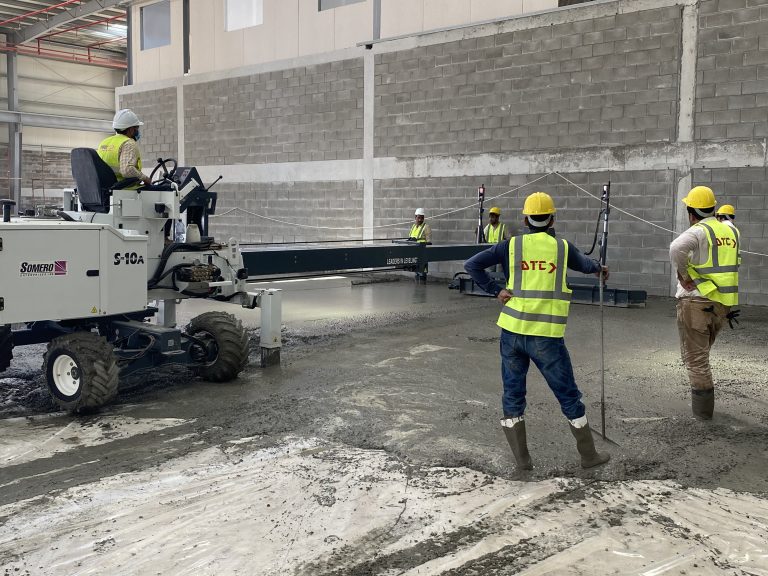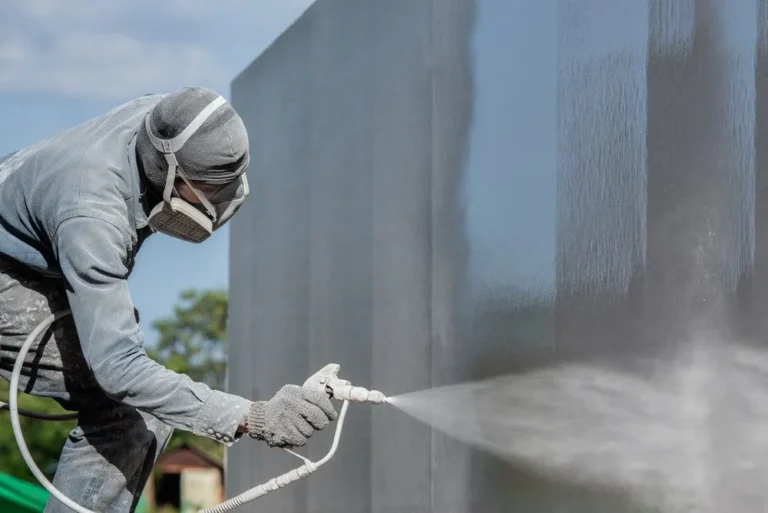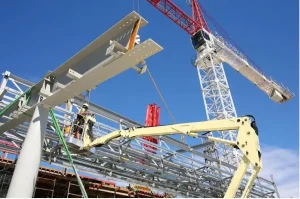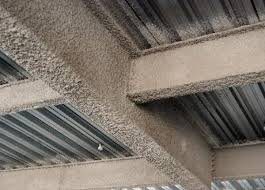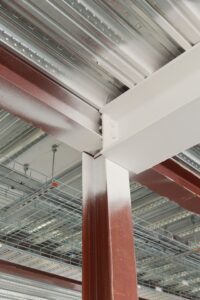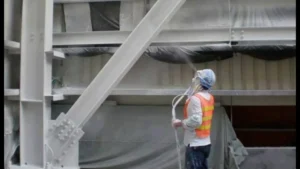Why Polyurethane Foam is Ideal for Industrial Roof Insulation in Saudi Arabia
In the harsh climate of Saudi Arabia, where extreme temperatures and intense sunlight are constant challenges, polyurethane foam for industrial roof insulation in Saudi Arabia has become a top choice for businesses seeking efficiency, durability, and cost control. As industries grow and energy prices continue to rise, choosing the right insulation material is critical—not just for comfort, but for operational cost savings and long-term asset protection.
The Climate Challenge: Why Roof Insulation Matters
Saudi Arabia’s industrial zones—whether in Riyadh, Jeddah, or Dammam—face consistent high heat, which directly impacts internal building temperatures. Uninsulated or poorly insulated roofs can result in:
-
Excessive energy consumption for cooling systems
-
Reduced equipment efficiency
-
Uncomfortable working environments
-
Higher maintenance costs due to material wear
To counter these issues, industrial roof insulation is not optional—it’s essential.
What is Polyurethane Foam?
Polyurethane foam is a closed-cell insulation material that’s spray-applied directly onto surfaces. Once applied, it expands and hardens to form a rigid, continuous barrier that adheres tightly to the roof structure. It offers exceptional thermal insulation, water resistance, and air sealing, making it ideal for the demanding environments of industrial buildings.
Key Benefits of Polyurethane Foam for Industrial Roofs
Exceptional Thermal Insulation
Polyurethane foam delivers one of the highest R-values per inch of any roofing insulation material. It reduces heat transfer dramatically, keeping indoor temperatures stable and reducing HVAC usage.
Benefit: Lower energy bills and improved working conditions—especially critical in factories and warehouses operating in hot climates like Mecca or Eastern Province.
Seamless and Airtight Barrier
Unlike traditional insulation rolls or panels, spray-applied polyurethane foam forms a monolithic layer with no joints or seams. This prevents common insulation issues like air leaks or thermal bridging.
Benefit: Improved energy efficiency, no cold or hot spots, and better indoor climate control.
Waterproof and Moisture Resistant
Once cured, polyurethane foam becomes completely waterproof. It protects roof structures from water infiltration, which can cause corrosion, mold, and structural damage.
Benefit: Long-term roof integrity, reduced maintenance costs, and lower risk of water damage in rainy or coastal cities like Jeddah and Yanbu.
Lightweight Yet Strong
Polyurethane foam adds minimal weight to the roof structure, making it ideal for retrofitting older industrial buildings without reinforcing the structure.
Benefit: Quick and easy installation, reduced labor time, and no extra structural load.
Ideal Applications for Polyurethane Roof Insulation
Warehouses and Logistics Hubs
Insulating large open areas helps maintain temperature-controlled storage for sensitive goods.
Manufacturing Facilities
Equipment and personnel benefit from a thermally stable environment, improving efficiency and comfort.
Cold Storage Buildings
Maintaining low internal temperatures is critical in cold chain logistics. Polyurethane foam helps achieve consistent insulation.
Workshops and Production Plants
Foam insulation reduces operational energy costs and enhances workplace comfort even during peak summer months.
Long-Term Durability and Cost Savings
While the initial cost of polyurethane foam for industrial roof insulation in Saudi Arabia may be higher than conventional materials, the long-term return on investment is significant:
-
Energy cost reductions of up to 40%
-
20+ years of insulation performance without major maintenance
-
Resistance to mold, mildew, pests, and chemical exposure
-
Enhanced lifespan of roofing systems
Environmental and Regulatory Advantages
Polyurethane foam aligns with green building standards in the Kingdom, including Saudi Arabia’s push toward energy-efficient industrial infrastructure. Using spray foam insulation contributes to:
-
Lower carbon emissions
-
Improved indoor air quality
-
LEED certification goals
Moreover, polyurethane foam meets or exceeds local safety codes and insulation performance standards—making it a secure, compliant choice for B2B applications.
Choosing the Right Contractor in Saudi Arabia
For polyurethane foam insulation to perform effectively, the installation quality must be top-tier. Industrial clients should choose a contractor with:
-
Proven experience in commercial and industrial applications
-
State-of-the-art spray foam equipment
-
Skilled applicators trained for large-scale projects
-
Local knowledge of building codes and climate factors
Why DTC Contracting Leads in Polyurethane Roof Insulation
DTC Contracting is a leading provider of industrial roof insulation solutions across Saudi Arabia. Our polyurethane foam services are tailored to meet the unique challenges faced by factories, warehouses, and industrial facilities in extreme environments.
We offer:
-
Customized insulation plans
-
Fast project turnaround
-
Post-installation maintenance guidance
-
Competitive B2B pricing
Whether you’re building a new facility in Riyadh or upgrading a warehouse in Jeddah, DTC has the tools, talent, and track record to get it done right.
Conclusion
If you’re an industrial property owner or facility manager in Saudi Arabia, investing in polyurethane foam for industrial roof insulation is a smart, future-ready decision. From energy savings to durability and seamless application, spray foam delivers unmatched performance—especially when installed by experts like DTC.

